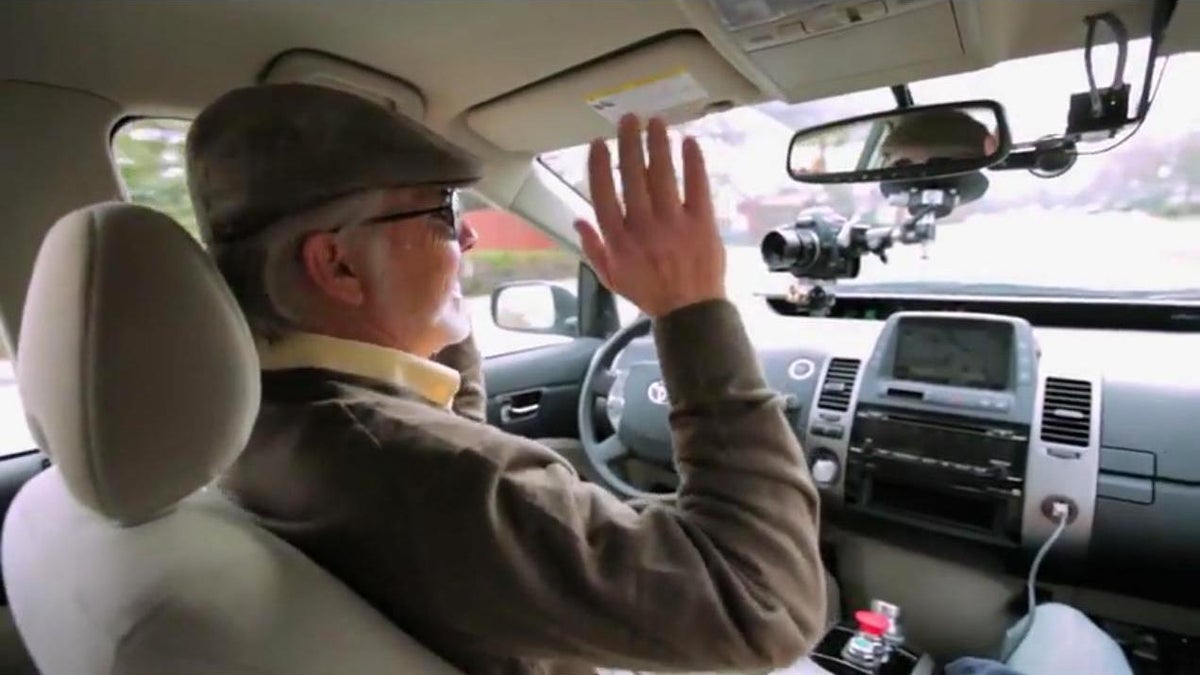Activists want stronger privacy protections for driverless cars
Consumer Watchdog says Google is going to go willy-nilly with data collection for autonomous vehicles, and the California bill shouldn't get the green light without more restrictions.

Internet companies do whatever they want and it needs to stop, a consumer group said in an argument calling for more privacy protection in robotic cars.
Consumer Watchdog is hoping lawmakers amend SB 1298 -- a bill that is expected to be approved by the California Assembly's Transportation Committee today -- to ensure that driverless cars gather the data necessary to run the car and nothing more. A similar bill has already passed in Nevada.
The bill, sponsored by Senator Alex Padilla of Pacoima, Calif. would require the California Highway Patrol to develop rules and regulations to govern how companies -- and, eventually, consumers -- can operate driverless cars on public roads.
The group, which said it supports autonomous cars in concept, is concerned that Google will use information gathered by the cars for marketing or advertising purposes without consumer consent.
"Consumers enthusiastically adopted the new technology of the Internet. What we were not told was that our use of the Information Superhighway would be monitored and tracked in order to personalize corporate marketing and make Google a fortune," John M. Simpson, Consumer Watchdog's Privacy Project director, wrote in a letter to the transportation committee. "Now that Google is taking to the freeways, we must prevent inappropriate collection and storage of data about our personal movements and environment before we allow Google's robots to take to the roads and report back to the Googleplex."
No comment yet from Google or Padilla's office, but the committee's suggested amendments indicates that it does want to discuss data protection and how the necessary data to run a vehicle will be defined. "As an alternative, the Committee suggests the bill be amended to require the manufacturer to disclose to consumers what data actually will be collected," the bill analysis reads. "In this manner, the consumer can then make an informed choice as to whether he or she wishes to purchase the technology, given its data collection capabilities."
Another suggested amendment would require a driver behind the wheel in a robotic car, even if he or she wasn't operating the vehicle. Yet another would instruct state agencies to develop testing standards for the manufacture of such cars.
Simpson argues that this lack of restrictions is all too common for Internet companies, adding that the recent implementation of the Do Not Track system -- which allows users to easily opt out of having their data gathered by Web sites -- shows how regulations are slow to catch up to companies' actions.

